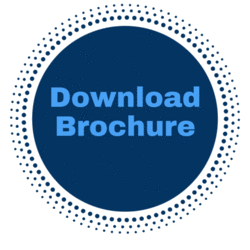7th International Conference on Infectious and Rare Diseases
Vancouver, Canada
Md Kaisar Ali
PhD,Southwest University
Title: E-BABE- Anti-tubercular drugs targets the receptor binding domain of spike glycoprotein of SARS-CoV-2
Biography
Biography: Md Kaisar Ali
Abstract
COVID-19 is the most critical global health emergency. Day by day increasing cases and death is the big challenge for the scientific society to stop this infection and discover the proper treatment. From the initial time of COVID-19 infection, large numbers of drugs have been applied for the treatment of COVID-19 patients. But, mostly drug have been failed to achieve the proper treatment, and many drugs showed the severe side effects. SARS-CoV-2 targets the Lungs and causes the sever injury in lung tissues. Moreover, SARS-CoV-2 is capable to survive inside the host macrophages, and spread infection. However, Mycobacterium tuberculosis also targets the lung tissues and initially establishes the niche inside macrophages to establish the infection in the host. We propose that anti-tubercular drugs might be used for the treatment of COVID-19. In this study, we have selected the 1st line, 2nd line and 3rd line anti-tubercular drugs in-silico screened for the SARS-CoV-2. We used the molecular docking approach to anti-tubercular drugs target to the receptor binding domain (RBD) of the spike glycoprotein of SARS-CoV-2. Our result showed that out of 17 anti-tubercular drugs, 8 drugs were predicted the better binding affinity, suggested to be strong interaction. The binding energy of Rifabutin, Rifampicin, Clofazimine, Capreomycin, Levofloxacin, Amoxycillin, Linezoid and Moxifloxacin with RBD was –7.8, –7.7, –7.4, –7.0, –6.6, –6.6, –6.6 and –6.6, respectively. Foremost, Rifabutin predicted the highest interaction with RBD via four hydrogen bonds (range of 3.49 - 5.47 Aº).

